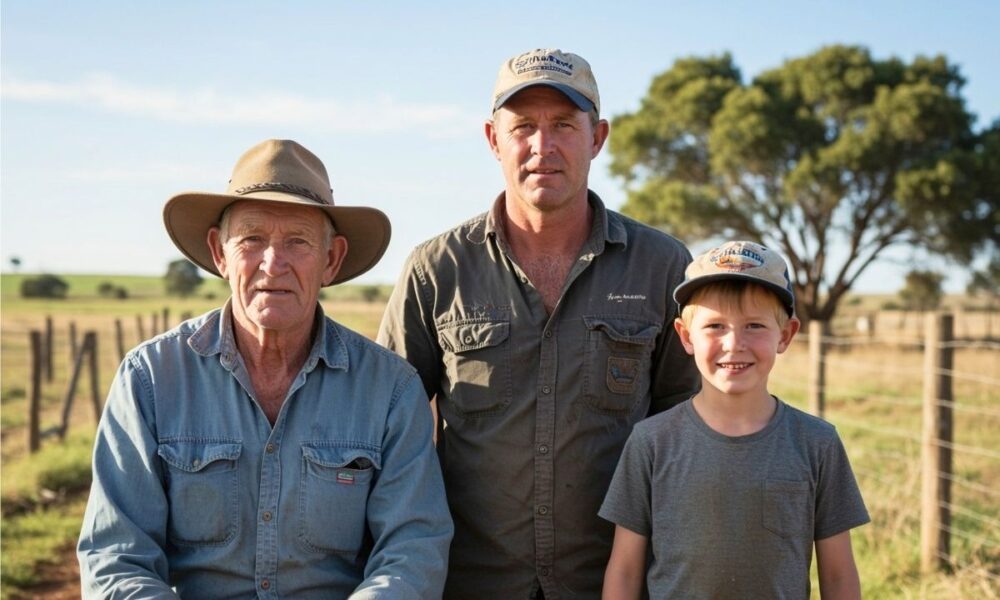President Donald Trump’s administration is considering capping refugee admissions at 40,000 for the next fiscal year, with most of those slots reserved for white South Africans, according to Reuters and other reports.
Two U.S. officials familiar with internal discussions told Reuters that about 30,000 of the 40,000 admissions could be allocated to Afrikaners, a largely Dutch-descended minority in South Africa. Angie Salazar, a senior refugee program official at the Department of Health and Human Services, reportedly told state-level resettlement workers earlier this month that she expected the cap to be 40,000.
The plan would mark a dramatic shift in U.S. refugee policy.
Trump previously lowered refugee admissions to a record-low 15,000 in 2021 during his first term, compared with 100,000 brought in by then-President Joe Biden in 2024. A figure as low as 12,000 is also under consideration, one source told Reuters.
White House deputy press secretary Anna Kelly said no decision was final until Trump formally sets the cap, which he is expected to do in September.
“President Trump has a humanitarian heart, which is why he has welcomed these courageous individuals to the United States,” Kelly said, per Reuters. “Refugee admission caps will be determined next month, and any numbers discussed at this point are pure speculation.”
Trump has described white South Africans as victims of violence and racial discrimination in their home country, a characterization that South Africa’s government has rejected. A senior State Department official pointed to its latest human rights report highlighting “inflammatory racial rhetoric against Afrikaners and other racial minorities” in South Africa.
The policy has sparked backlash from immigrant-rights advocates who argue the administration is prioritizing a group that does not face systemic persecution over millions of others fleeing war and oppression. Commentator Schuyler Mitchell argued in an op-ed for Truthout that Trump was “using the baseless claim of ‘white genocide’ promoted by the likes of Elon Musk to grant asylum to Afrikaners.”
The United Nations Refugee Agency estimates that nearly 43 million people worldwide qualify as refugees, including 6 million Syrians, 6 million Afghans, more than 4 million Sudanese and South Sudanese, 1.3 million Rohingya from Myanmar, and more than 1 million Haitians.
Notwithstanding the overwhelming reported human need, the United States has granted Temporary Protected Status to around 300,000 Haitians who fled their country a decade or longer ago.
Trump has, nevertheless, opened the door to Afrikaners.
In March, the President posted on Truth Social: “Any Farmer (with family!) from South Africa, seeking to flee that country for reasons of safety, will be invited into the United States of America with a rapid pathway to Citizenship. This process will begin immediately!”
Since May, 59 Afrikaners have arrived at Washington Dulles International Airport, with more expected in the coming months, Reuters reported. Some arrivals have struggled to access work permits, Social Security numbers, or housing after government assistance was cut to four months, down from the traditional year.
Human rights advocates have said the administration’s approach risks recasting the U.S. refugee program as a tool of racial preference. Bill Frelick, director of Human Rights Watch’s Refugee and Migrant Rights program, told PBS News that while other refugees have waited years, “that now the one exception would be made for Afrikaners … just seems like a cruel twist to those refugees to whom the door was closed in their face.”
Trump is expected to make a final determination on refugee admissions for the fiscal year 2026 before October 1.


